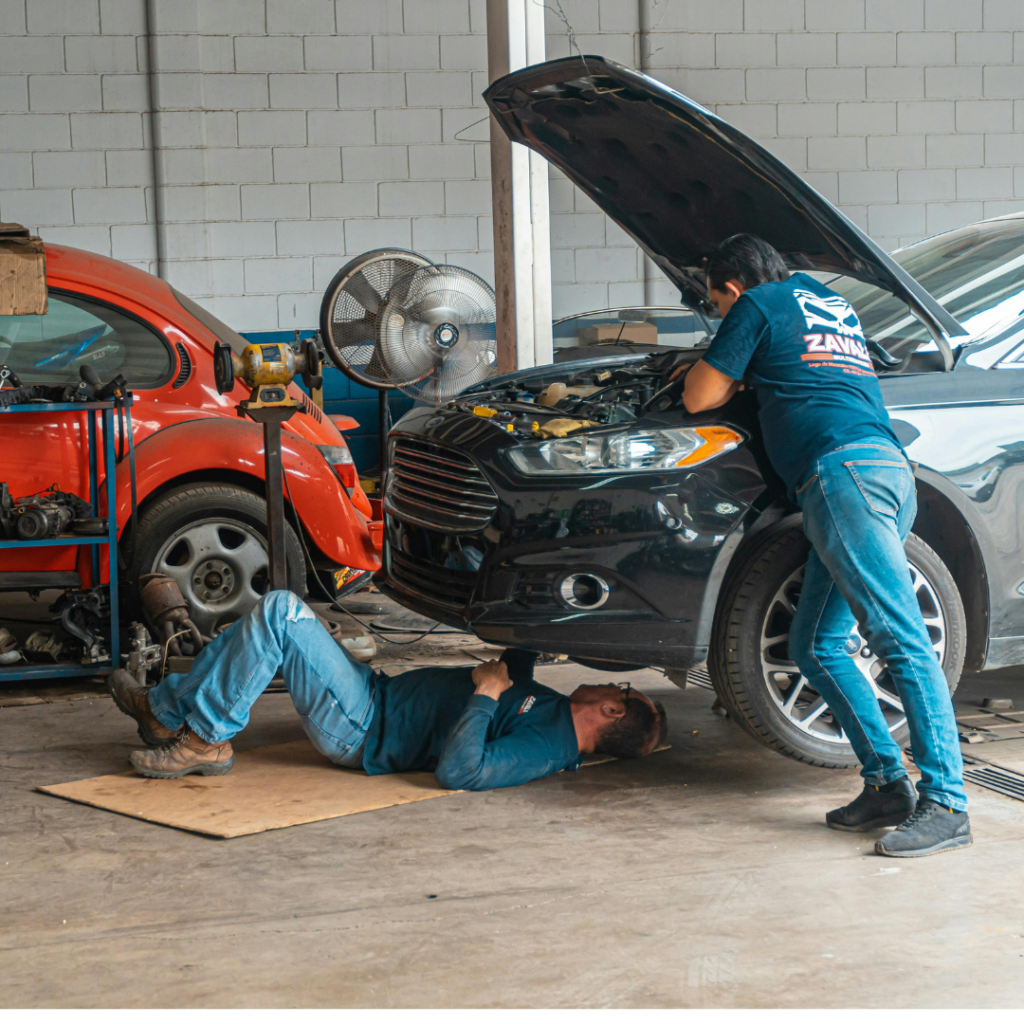Cerebral palsy (CP) is one of the most common childhood disabilities, yet understanding its prevalence, causes, and best care practices remains a challenge. Across the world, cerebral palsy registers play an essential role in bridging this gap, providing valuable data to improve care systems, establish research priorities, and advocate for policy changes.
For families navigating life with cerebral palsy, including those making medical negligence claims, these registers offer not just vital insights but also a platform for advocacy. This blog explores the role, impact, and global significance of CP registers and how they tie into your efforts to seek support and justice.
What Are Cerebral Palsy Registers?
A cerebral palsy register is a formal, structured programme for collecting and storing data on individuals with CP. These registers aim to document everything from the condition’s prevalence in a specific region to details about demographics, severity, and associated factors such as genetics or birth injuries.
Their primary focus is population-based epidemiological research, but many registers expand their scope to include:
- Health service planning.
- Advocacy for disability rights.
- Raising awareness through education.
- Research into aetiology and prevention.
Why Do Cerebral Palsy Registers Matter?
Cerebral palsy registers are much more than administrative tools. Here are a few ways they impact global health:
- Better Understanding of Prevalence
CP registers allow health authorities to determine how widespread the condition is across different populations. For example, according to a global survey, regions in low- and middle-income countries (LMICs) are underrepresented in data collection, despite housing 85% of children with disabilities. Addressing this gap is crucial for ensuring equitable care and resources.
- Prevention and Intervention
By studying trends through registers, researchers have uncovered valuable insights into preventable causes of cerebral palsy, such as delayed emergency interventions during childbirth. Registers help track improvements in care and evaluate the long-term success of such interventions.
- Tailored Care
Registers feed into more personalised care delivery. By mapping severity levels and secondary conditions like epilepsy, they help shape treatment plans tailored to an individual’s needs.
- Legal and Advocacy Support
Connection to registers can be critical for families exploring medical negligence claims. They provide comprehensive data derived from real cases, helping establish evidence of systemic gaps or patterns of error in maternity care. Legal experts such as HOMS Assist often reference these resources for building strong cases.
Use Case Example from Ireland
Registers inform not only global health but also local cases of medical negligence. For instance, lawyers at HOMS Assist have supported families awarded multiple million following their cerebral palsy diagnosis linked to negligent medical intervention. These cases underscore systemic issues, and have lead to process improvements in similar Irish hospitals.
The Role of People with Lived Experience
A remarkable trend in recent years has been the inclusion of individuals with cerebral palsy and their families in shaping registers. Participatory projects have proven to make research more relevant—and impactful. For example:
- People with CP are actively involved in setting research priorities.
- Parents provide feedback to develop layperson-friendly ways of disseminating findings.
This inclusive approach enhances registers’ credibility and ensures they address the real-world needs of those they aim to serve.
How to Use Cerebral Palsy Registers for Legal Claims
Medical negligence cases often rely on solid, research-backed data for claims related to conditions like CP. CP registers can provide critical evidence about medical care deviations that led to brain injuries. This might include:
- Documentation of foetal distress and delayed interventions.
- Birth injury patterns and outcomes.
Firms such as HOMS Assist work closely with families to use such data effectively. You can learn more about these services here Understanding Cerebral Palsy & Birth Injuries.
Global Collaboration for Better Outcomes
While registers are invaluable at a local level, their global collaboration can make an even bigger difference. Recent findings from a survey report indicate:
- Data-sharing across borders has allowed larger-scale studies, enabling deeper insight into smaller affected subgroups.
- Harmonised practices for collecting population data, such as Europe’s SCPE network, are now a model for international application.
Efforts to replicate such collaborations in LMICs are vital for closing gaps in access to care globally.
Paving the Way for a Healthier Future
Cerebral palsy registers remain an indispensable tool for improving the lives of individuals with CP and their families. Beyond research, they guide advocacy, inspire systemic change, and empower parents and experts alike.
If you suspect medical negligence contributed to your child’s condition, exploring related epidemiological data, particularly the insights provided by these registers, can be a crucial step in building your case. For families in Ireland, reaching out to teams like HOMS Assist can help clarify your legal options and provide a pathway forward.
Get Support Today
Take the first step towards addressing your family’s needs and securing their future. Contact HOMS Assist for expert insight into cerebral palsy cases and medical negligence outcomes.









